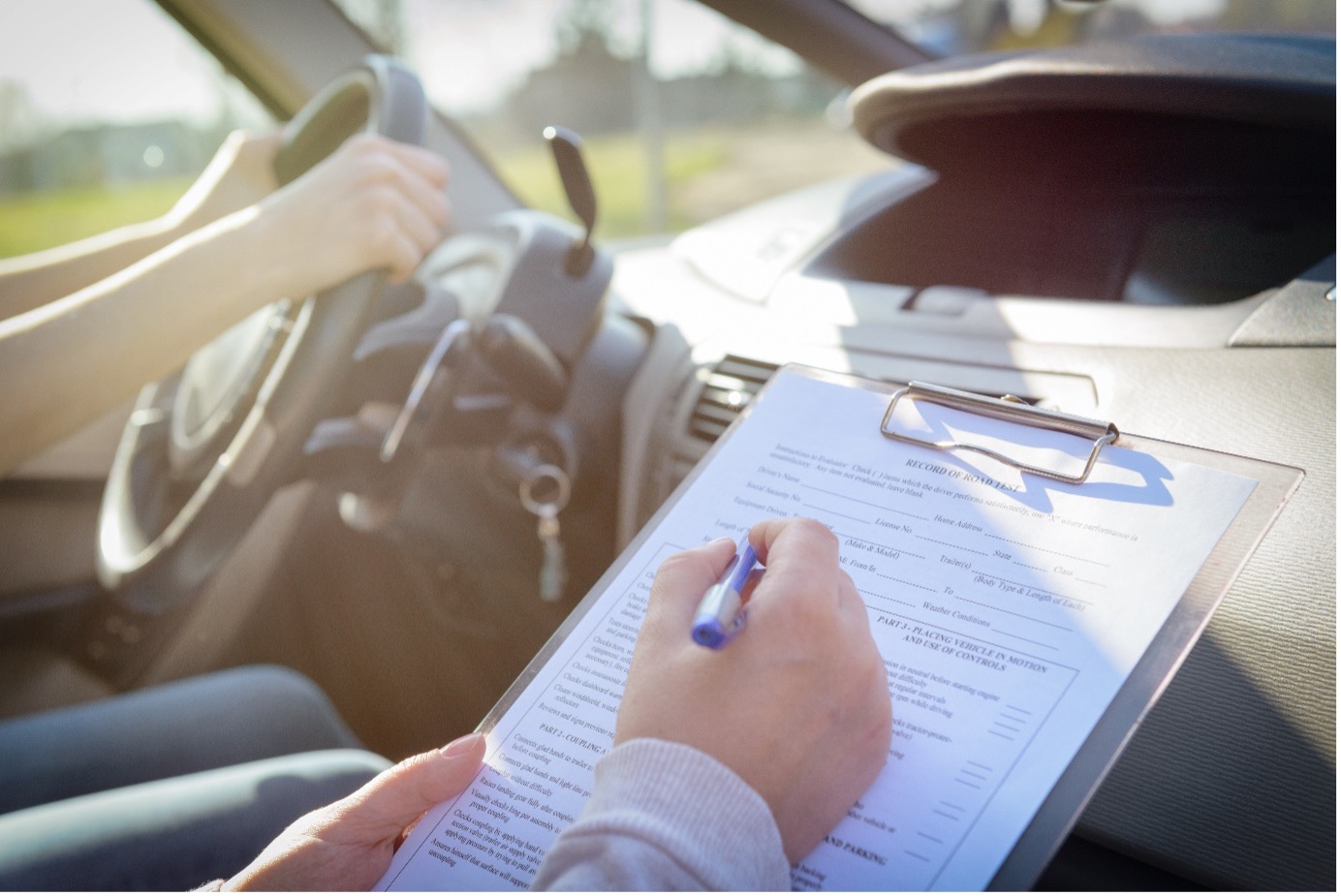The pros and cons of being a DVSA Driving Examiner
Think back to your driving test — you got in the car, filled with nerves and anticipation, wanting to get driving and hopefully pass. Whether you passed first time, or took a few attempts, the examiner that passed you had to make that all important decision, determining whether your driving was to a high enough standard to drive safely, alone on the roads. You might not have fond memories of your examiner, in fact, you probably don’t remember them at all, but their role is vital in maintaining the safety of our roads.
If you’re looking for a career change, then you might want to consider a driving role, and either become a driving instructor or a driving examiner. To help you to decide whether it could be the right job for you, here are some pros and cons of being a DVSA driving examiner.
Pro #1
To become a DVSA driving examiner, you don’t actually need any qualifications. In order to be eligible to apply, you need to be at least 24 years old, have no more than three penalties on your licence and have held your UK or EU driving licence for at least four years.
To prepare for the assessments, you’ll have to enrol in an examiner training course, which will take around five weeks to complete. This will teach you all that you need to know to oversee a driving test safely. These training courses are provided by the DVSA at their regional training centres, which are located throughout the UK.
Con #1
Of course, not every one of the drivers who you test will pass. In some cases, it may be a close call and the driver may dispute the result of the exam, and react negatively towards you. Because of this, you’ll need to be quite thick-skinned to become a driving examiner, since not only will you have to stay cool, calm and collected during the test, you’ll have to keep a level head if the driver kicks off following the exam.
Pro #2
As a driving examiner, you could earn a starting salary of £24,876, and since training courses only last five weeks and will provide you with a full-time wage whilst you learn, this is a great way to launch your new career without draining your capital. What’s more, there’s great scope to progress in your career, since you could climb the ladder to become a driving examiner supervisor, which will require you to assess the standards of driving instructors, and evaluate whether they are doing a thorough and fair job.
Con #2
As an examiner, you’ll assess the ability of numerous drivers in one day, which can make the role quite tedious. The routes that you take will vary, but the principle is the same and you’ll be required to focus intently and be able to concentrate for the duration of the practical exam, which will last around 40 minutes.
—
It goes without saying that there are pros and cons to every job, so it’s up to you to weigh them up and decide if the career is right for you. However, if you’re a great driver and have enough confidence to make important decisions under pressure, then it could be the job for you.

